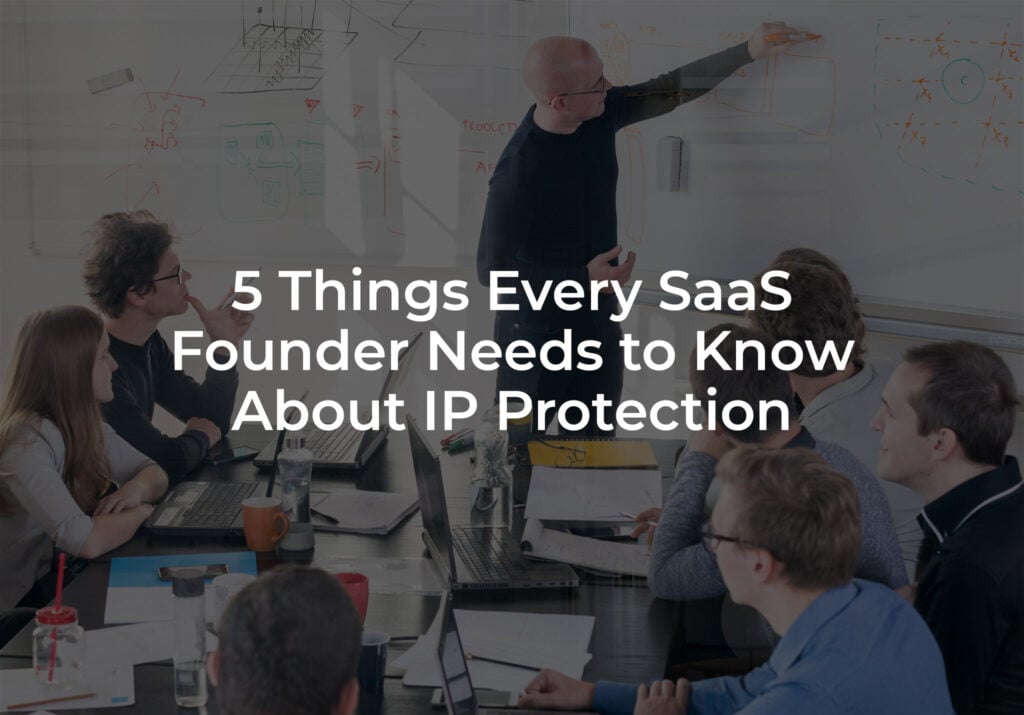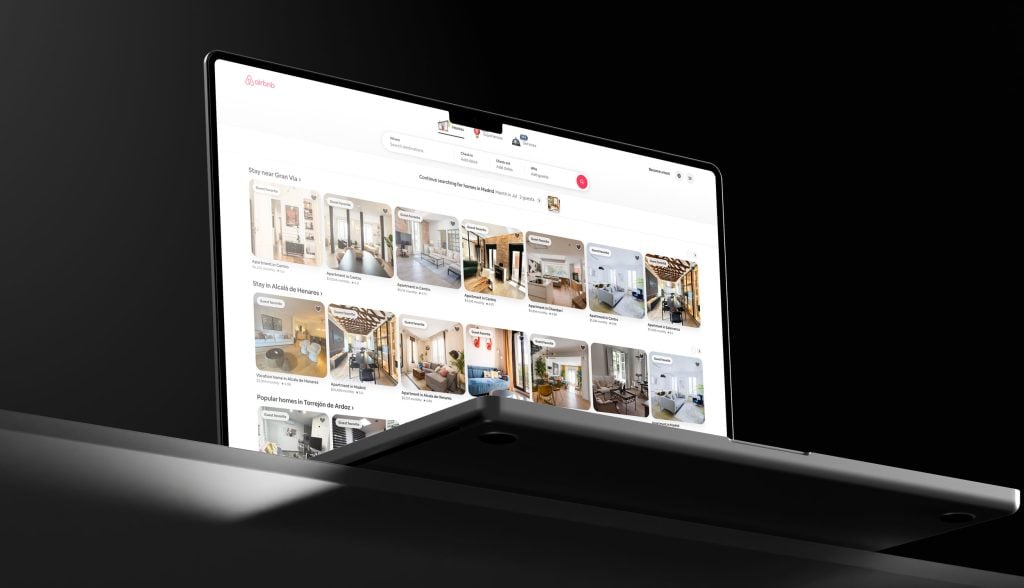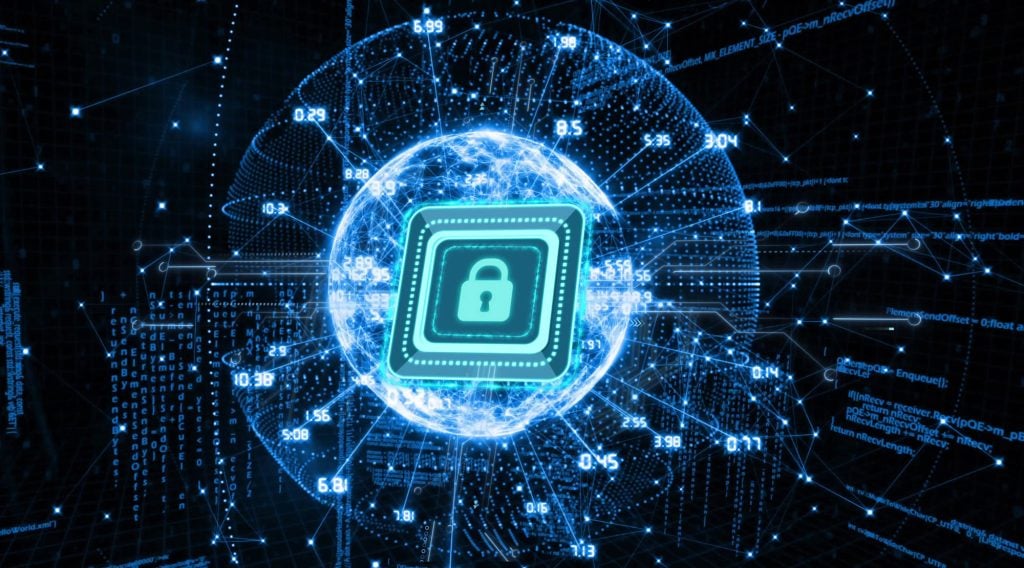As a SaaS founder, your company’s intellectual property (IP) is one of its most valuable assets, but do you know how to protect it? IP includes everything from the name of your company to the software that powers your SaaS. Ensuring that you take steps to protect your IP is critical to safeguarding your hard work and gaining and maintaining a competitive advantage. In this article, we explore 5 points every SaaS founder needs to know about IP protection.
What is intellectual property and why do you need to protect it?
Intellectual property, or “IP,” can refer to original ideas that have economic value. This can include inventions, creative works, new methods of doing business, company and brand names, and more. Patents protect the owner’s right to prevent their invention from being copied or used by others without permission. Trademarks protect a company’s brand, products, or services and distinguish them from those of other businesses. Copyrights protect creative works like literature, music, paintings, and more. Trade secrets protect private information, such as formulas or recipes, that a company deliberately keeps secret in order to maintain a competitive advantage in the market. You can find out more about strategies to increase the value of your business through IP in our article on Intellectual Property Strategy for Startups.
SaaS businesses and startups need to protect their IP because new ideas are what sparks the creation of the SaaS, or the startup. Aside from direct economic incentives to protect IP, the process of protecting IP often involves competitive research that informs you about your competitors and the marketplace in indirect ways. IP laws, for the most part, require you to take steps to protect your IP rights. To ensure that your IP rights are protected, you need to understand what types of IP exist (copyrights, trademarks, patents, and trade secrets) and what kind of legal protections they offer.
The different types of intellectual property protection available
We have a whole article focused on the Types of IP for SaaS Startups. Here, we will focus on the four main types of IP rights, which were already mentioned above. Keep in mind that there are other rights not discussed here, such as domain name rights, and contractual rights on IP, such as Non-Use Agreements, Non-Compete Agreements, and License Agreements.
Patents
When it comes to software and SaaS patent rights, there are utility patents and design patents to consider. Contrary to common software patent myths, utility patents may be granted for a new and useful process, machine, article of manufacture, or composition of matter, or a new and useful improvement thereof. For software and SaaS, utility patents will generally be directed to the process performed or executed through the software, the system performing the process, and the computer readable media containing the instructions (code) that cause a computer to perform a task or process. Generally, the code itself is not introduced or claimed in the patent application.
A non-provisional utility patent application can benefit from a prior-filed provisional application. Startups often rely on provisional applications because provisional applications cost less than non-provisional applications and are faster to prepare and file. Thus, provisional applications better accommodate small budgets and provide an early filing date. However, provisional applications are not examined by the USPTO and will not move forward to becoming a patent. Instead, a non-provisional (regular) patent application needs to be filed within twelve months from the filing date of the provisional application. The non-provisional application will be picked up and examined at the USPTO, but costs more and has strict filing requirements.
Design patents may be granted for a new, original, and ornamental design for an article of manufacture. A GUI (Graphical User Interface), by itself, is not eligible subject matter for a design patent because it is not an article of manufacture. However, when the GUIs (Graphical User Interface) or icon is placed on a computer or mobile device display, then the GUI will be design patent eligible. Dynamic ornamental features, such as how a screen image moves into and out of the display, or how display elements change color, can also be protected through design patents. Design patent applications cannot claim the benefit of a provisional application.
If you are on the fence regarding whether to seek patent protection, read our article on 5 Signs You Should Consider a Software Patent.
Trademarks
Trademarks and service marks protect brand names and logos. When it comes to software and SaaS, there are two main types of trademarks: service marks and regular trademarks. Service marks are used to identify services, while regular trademarks are used to identify products. Software and SaaS, or components of such offerings, can be delivered as either products (hardware, computers and servers, firmware, computer readable media, etc.) or services (which is what SaaS is all about). However, you will mostly hear the term trademark to refer to either service marks or regular trademarks. Trademarks can be registered with the Federal government through the USPTO, with one or more State governments through their respective agencies, and/or with other countries’ governments. As the USPTO has a first-come-first-serve registration system, you can and should seek Federal trademark registration as soon as possible, even before launching a product or entering the market. Generally, in order to be registered, a trademark must be unique and not be already in use by another company. Once a trademark is registered, it becomes the property of the owner (usually the company) and can be used to protect their brand. If someone else tries to use the same or a similar trademark, they can be sued for infringement. Trademarks are an important part of protecting a company’s brand, and anyone doing business online should make sure they are familiar with the basics of trademark law. Check our article on Why SaaS Startups Need Trademarks for a deeper discussion of the benefits that trademarks can bring to your business. It’s important to consider US and international trademark protection.
Copyrights
Federal copyrights protect original works of authorship, including software and SaaS. To receive copyright protection, works must be original and in a tangible medium (for example, in a computer or computer media). Registration at the U.S. Copyright Office is not required for protection; however, registration is required to assert your copyright and bring a lawsuit in Federal court. Furthermore, timely registration can bring additional rights to copyright owners. To register a work, an applicant must deposit a copy of the work with the Copyright Office and submit a completed application form.
Federal copyright law also recognizes the doctrine of “Work Made for Hire.” This doctrine allows employers to claim copyright ownership of works created by employees within the scope of the employee’s employment. In some cases, employers may also claim copyright ownership of works created by independent contractors if the work meets certain criteria. Federal law also allows copyright holders to transfer their rights to others. For example, a software company may sell or license its software to another company. These transfers must be in writing and signed by the copyright holder. Federal law also provides certain protections for SaaS providers, including fair use and first sale doctrines. However, these protections are limited and do not apply in all cases. As a result, it is important to consult with an attorney before using or distributing software or SaaS.
Because SaaS and software can be protected by both patents and copyrights, we often receive questions about which type of protection should be sought. While the answer is most often that both should be sought, you can learn more about the differences between SaaS/software patents and copyrights in our Software Patent vs Copyright article.
Trade Secrets
Federal and state law provide some protection for trade secrets, but the best way to protect your software or SaaS business may be to have a well-drafted non-disclosure agreement (NDA) in place. An NDA can provide important protections, including preventing the disclosure of your trade secrets and prohibiting the use of your trade secrets by the other signing party. It is important to remember that an NDA is only as good as its drafting. To be effective, an NDA must be carefully tailored to your specific business and needs. For example, you will need to define the scope of the NDA, including what information is considered a trade secret and what restrictions are placed on the use of that information. Without a well-drafted NDA, you may find yourself at a disadvantage in the event of a dispute. You should also consider other aspects that are often not addressed in online templates, including NDA length and termination, bilateral or unilateral protection, non-use of trade secrets, non-competition, and the like.
How to identify your company’s intellectual property
To identify your company’s IP, you should start by looking at your company culture. Do you have a culture of innovation? If so, then your employees are likely generating IP on a daily basis. This IP can come in the form of new code, algorithms, processes, or even just new ideas. As such, it is important to have a routine gathering process in place to capture this IP. Without this structure, valuable IP could be lost.
How to start protecting your startups intellectual property
In order to protect your company’s SaaS or software IP, it is important to take a proactive approach and implement measures to keep your intellectual property safe. One key step is to register your IP with the appropriate authorities at the right time. This involves adhering to specific timelines and filing deadlines in order to fully secure your rights. Additionally, you should make a point of regularly gathering information about your software or SaaS in order to maintain an accurate record of its structure and development.
Another important step is to invest in adequate insurance coverage for IP-related losses. This will ensure that you have the financial resources needed to defend against potential infringement claims and prevent any serious damage from occurring. Finally, it is important to be aware of the best practices when it comes to protecting your SaaS or software IP, keeping in mind that these will need to be updated from time to time in view of changes in the law and judicial decisions. By following these steps, you can rest assured that your company’s intellectual property is well-protected at all times.
What to do if a competitor infringes on your company’s intellectual property?
If you find that your company’s intellectual property has been infringed upon by a competitor, there are a few steps that you can take to protect your rights. The first thing that you should do is talk to an attorney to assess the situation and determine whether legal action is necessary. Depending on the situation, some options may be more appropriate than others. For example, a cease-and-desist letter may be sufficient to persuade an infinger to stop infringing in some cases, while a patent reexamination or a lawsuit might be more warranted in other cases. Avoid venting your grievances publicly or in social media, especially prior to speaking with an attorney, as you might be disclosing confidential information, making admissions that could be used in court against you, and even exposing yourself to a defamation lawsuit. Ultimately, every situation is different, so it is important to carefully consider your options and make an informed decision about how to proceed. Whatever course of action you choose, it’s essential that you act quickly in order to protect your company’s interests and safeguard your intellectual property from further infringement.
Developing a Patent & IP Portfolio Strategy?
If you feel you want to develop your Intellectual Property Strategy, file a Software Patent Application, file a trademark for your business, or if you have questions about intellectual property, please reach out to us. The Rapacke Law Group is an intellectual property and business law firm built for the speed of startups, with patent attorneys experienced in software and SaaS technologies. No hourly building, no charges for calls or emails. We offer patent and intellectual property legal services for a transparent flat fee. Contact us to schedule a free consultation with one of our experienced attorneys.




